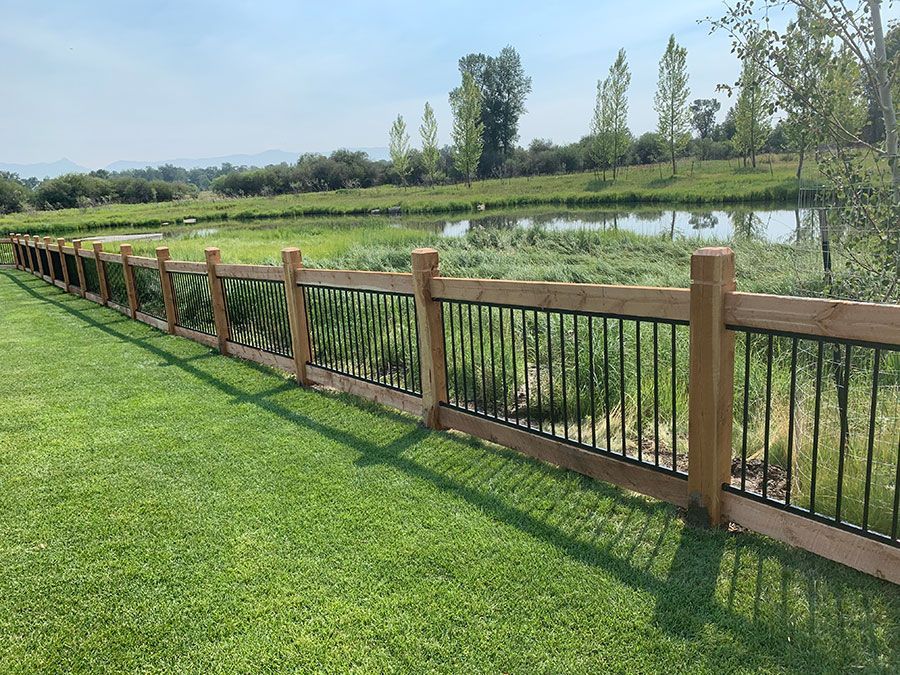Choosing the right fencing for your property can be challenging. Let’s break down the differences between continuous panel fencing and traditional options to help you decide.
Comparison of Materials and Costs
When considering fencing, the materials you select will influence both the cost and overall effectiveness:
- Continuous Panel Fencing: Typically made of welded steel, this option is designed for durability and longevity. While the initial investment may be higher, the reduced maintenance costs make it a cost-effective solution over time.
- Traditional Fencing: Includes options like wood, barbed wire, or vinyl. While often less expensive upfront, these materials may require frequent repairs or replacements, increasing long-term costs.
Maintenance and Durability Factors
Considering long-term durability and maintenance, here's how the two types of fencing measure up:
- Continuous Panel Fencing: Designed for toughness, continuous panel fencing can withstand harsh weather and livestock-related impacts. It requires very little maintenance, typically only occasional cleaning or rust treatment.
- Traditional Fencing: Wooden fences can rot due to weather, while barbed wire and vinyl may degrade. Regular maintenance is required to keep traditional fences functional and visually appealing.

Appearance Comparison
How your fence looks can impact your property’s aesthetic:
- Continuous Panel Fencing: With its clean and modern appearance, continuous panel fencing is suitable for both residential and farm settings, and can be tailored with different finishes and accessories.
- Traditional Fencing: Traditional wood and vinyl fences bring a rustic, timeless look, while barbed wire tends to prioritize function over style.
Suitability for Various Applications
Different fencing types serve different purposes:
- Continuous Panel Fencing: Best suited for containing livestock, marking property lines, and high-traffic areas where durability is a must.
- Traditional Fencing: Ideal for smaller enclosures, aesthetic purposes, or when on a tighter budget.
Final Thoughts: Which Fence is Best for You?
To make an informed choice between continuous panel and traditional fencing, evaluate your priorities carefully:
- For long-term durability and low maintenance, continuous panel fencing is the clear winner.
- For a more budget-friendly or decorative option, traditional fencing might be the better choice.
Assess your needs, budget, and aesthetic preferences to make the best decision for your property.